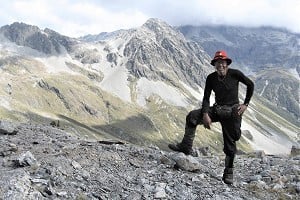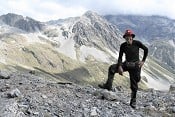In reply to Newbuild100:
And to answer some of your questions.
Which of the above helped your aim? - Well I would say they all helped but I think you underestimate the value of "conservative with your pace' A cautious acclimitisation schedule, slow ascent with adequate hydration will win almost every time.
I think my above quote answers your why question on why hydration helps. I dont believe that Tea or Coffee is a diuretic for hydration purposes. Like the ethos that any calorie is a good calorie at altitude, I would suscribe to the same philosophy for non-alcoholic fluids.
Diamox is the only proven artificial acclimitzor so yes would help in a roundabout way would help to reach your natural stabilised ox sat level at that altitude more rapidly. Note my wording on that one. It does not per se increase your ox sat levels and on that note, I would be cautious in taking too much credence in your pulse ox levels. Be more concerned with symptoms and a general overall ' how do you feel' than fixate too heavily on a jiggly number.
So yes with or without diamox at 5,000 m your sat ox levels will drop then rise to a stabilised level. (The diamox will just hasten the process) High 80's to low 90's for 5,000 m sounds about right.









